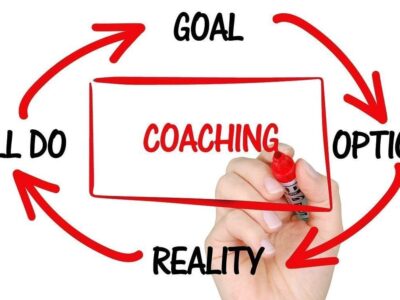It turns out that the secret to unlocking creativity lies in allowing yourself the time and space to be bored. Tedium is our most unexpected ally as we scramble about looking for ways to innovate, create and translate our wildly imaginative ideas into unique, value-adding, workable solutions and projects.
So concludes The Economist after exploring several techniques designed to stimulate creativity at work. Please see below to discover the key points of the article.
Drug use as a viable way to unlock innovation…
At the extreme end of possible springboards to creativity lies drug use. Yu Tse Heng, now at the University of Virginia, Christopher Barnes of the University of Washington, and Kai Chi Yam of the National University of Singapore decided to put the relationship between cannabis and creativity to the test.
The researchers asked a group of recreational cannabis users to take some standardised tests of creativity immediately after taking the drug. The control group took the same tests 12 hours after they last indulged. It transpired that there was no discernible difference in the quality of the groups’ innovative thoughts, although most high participants thought that all their ideas were mind-blowingly brilliant… The researchers concluded workers should be sober, especially when evaluating ideas.
More conservative options designed to trigger creativity
Employers have tested many other techniques in the quest for high levels of creativity. Sketching, plate-spinning, karaoke, and fire-walking have all found a place in such experiments.
Seemingly, the most popular option is the office playroom. The idea is that creating a brightly coloured version of your teenage son’s den – think hammocks, bean bags, pool tables, and dart boards – will pave the way for innovation. Not all research studies support this assumption.
The King of Creativity – tedium
Lots of evidence suggests that being idle is in fact the most effective way to stimulate creativity and generate good ideas.
In a study published in 2013, people who had copied out or read telephone numbers before taking a creative test outperformed those who had not. Friedrich Nietzsche, the famous German philosopher, referred to boredom as the unpleasant ‘windless calm’ of the soul that precedes a happy voyage and cheerful breeze. And a young Agatha Christie concurred, adding that there’s nothing quite like boredom to make you write.
How does your company foster creativity among employees? Have you found the magic formula? Please get in touch to let us know your views on the subject. And if there are any other work or recruitment-related topics that you’d like us to cover in future newsletters, please let us know. ABL Recruitment – the UK’s leading multilingual recruitment agency – is, as ever, here to help. Please get in contact at info@ablrecruitment.com or on 020 7092 3911 today!










